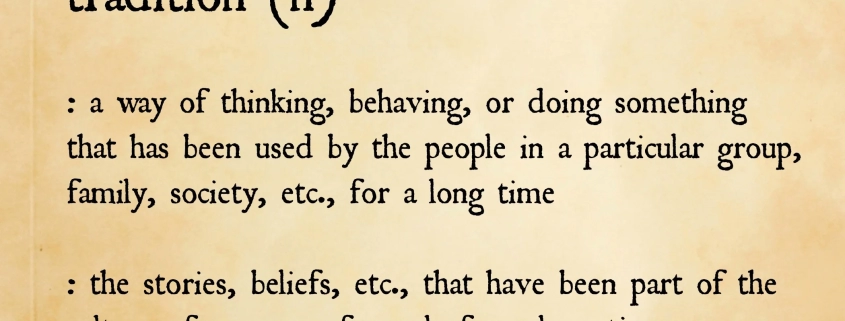REVELATION
What do we feel when we hear the word, “revelation?” My assessment is that most of us feel uneasy, or are repelled. And why not, when we usually hear about it, the context is some charismatic preacher shouting about the end of the world and how only a few will be saved. It comes across as a judgment and a threat.
As much as Revelation is used and abused ironically, it almost didn’t make it into the canon of the Bible. The first person to present a list of accepted Christian writings was 4th Century bishop of Alexandria, Athanasius, who included it because he had used it to condemn heretics. Many others were against including it. The larger picture also includes Athanasius’ battle with another priest from Alexandria named Arius. Athanasius won the battle and Arius was sent into exile. Arius preached the idea that Jesus, while filled with the divine spirit, was not actually equal to God. Athanasius championed Christ’s divinity. It is my personal judgment that the faith would have been much better off without Athanasius. (He was also known to have been a bully.) All this is to say that Revelation is included in the Bible because of the whim of one person – who wasn’t, in my mind, even a good person. That doesn’t mean that there isn’t profound truth in Revelation. One of the strongest arguments against including it in the canon of scripture was that it would be misunderstood and then abused. That view was prescient – just look at what people are doing with it today!
This spring readings from Revelation are in the lectionary each week. I have decided to preach on Revelation each week until Pentecost (May 15th). (I will not be here on April 10.) My purpose is to get us to see Revelation less as a threat; by learning more about it to see it as even a means of grace. In fact, Revelation is greatly misunderstood. That isn’t a surprise since it is a collection of visions experienced by John of Patmos (not to be confused with the author of the Gospel According to John). The visions also include numerous metaphors and codes that the people who first read Revelation would understand, but we do not. So, most people reading about the Dragon or the whore of Babylon are left with interpreting it literally as prediction. While this can be interesting it is not enlightening. Like any other prophet John of Patmos was interpreting the times he lived in, prophetically insofar as saying that if things didn’t change the world would take a turn for the worst; but he was not a predictor, certainly not of events that would take place two thousand years later.
This Sunday the sermon is entitled, A Disturbance in the Force, and it will be about John’s visions and dreams; about the medium of being “in the spirit.” If the “medium is the message” it helps to know what the medium is; it helps to know what apocalyptic literature and mystical experience is all about. So… I hope to see you all on Sunday morning. P.Jim




